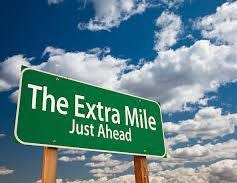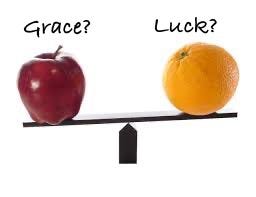Scaling through product management interviews
Is there a defined pathway to passing through product management interviews successfully? Here are my thoughts
Sometimes, we all just want a chance—an opportunity for someone to take a bet on us, to share our experiences, or to discuss them further. So how do you improve your chances of success in product management interviews?
This article is based on personal experiences and insights from fellow product managers. Here are key strategies to enhance your interview success rate.
Be Strategic, Not Random
Initially, my job search involved applying broadly through platforms like Otta and LinkedIn. However, this approach yielded limited results—especially since I started applying three months before relocating, while most recruiters were looking for immediate hires.
In job hunting, you quickly realize that sending applications at random times of the day or using the same CV for every job isn’t the most effective approach. That’s why it’s crucial to be strategic.
Early morning Applications:
This might not be 100% factual, but hear me out—if you wake up at 3–4 AM to submit applications, and recruiters review them on a “first in, first out” basis, where would you rank among the 1,000+ applications for that role? Think about it.
Keep track of your Applications: Tracking your applications helps you stay organized, reflect on past interviews, and avoid mixing up companies during interactions with recruiters.
Use Boolean search: During my first two months in the UK, a recruiter introduced me to Boolean searchtechniques. These helped me discover all relevant job openings and companies based on my specific search criteria.
Build the right connection: Networking can open doors. If you can’t attend events, start by building authentic relationships on LinkedIn with people working at your target companies.
Tailor your CV: Customize your resume for each application by incorporating relevant keywords. One recruiter told me my CV surfaced in their search because they had searched for “Lagos”—apparently, the best candidates they had worked with came from Nigeria. Another recruiter found me by searching for "Global Talent Visa." Small details matter.
Know your Cv intimately
No one can sell yourself better you. Own it, talk it like you know it. Be prepared to discuss every detail of your resume confidently. Interviewers often base their questions on your listed experiences, so familiarity with your CV is crucial.
There’s no one that can better tell the How, When and Why of the work you’ve done in the past years.
Go beyond expectations
Do not settle for mediocrity. Put in the extra effort—it will set you apart.
In my case study preparations, I conducted thorough research and delivered polished presentations. This left a lasting impression on interviewers. Practicing multiple times boosted my confidence and demonstrated my dedication.
Master the STAR method
You can’t be an expert in every aspect of product management, so understand your strengths and weaknesses. Present them in a way that complements your overall skill set.
The STAR method (Situation, Task, Action, Result) is a powerful storytelling tool. It keeps your listener engaged while providing clear and structured responses.
Interview questions to expect
Below, I’ve linked resources with more interview questions, but here are some common topics employers frequently ask about:
Your CV: In early-stage interviews, recruiters primarily want to validate your experience.
Backlog management
Agile vs. waterfall methodologies in different environments
Stakeholder management
Additional skill sets that make you valuable (e.g., technical knowledge, UX, data analysis)
Leaving lasting impressions
One of the best pieces of advice I received from a recruiter was to never end an interview without offering to clarify anything they need more details on.
Additionally, avoid generic questions. Instead, ask about industry trends, team challenges, or ways you can make an impact. Show that you’re curious and eager to contribute.
Grace or Luck?
Some call it favor or grace. Personally, I don’t believe success comes down to luck—you have to be competent enough for grace to find you.
Do you think luck plays a big role in landing a job? Let me know your thoughts. While I await your thoughts, here are more product management interview resources for you to spend your time on;





Insightful read! 👏